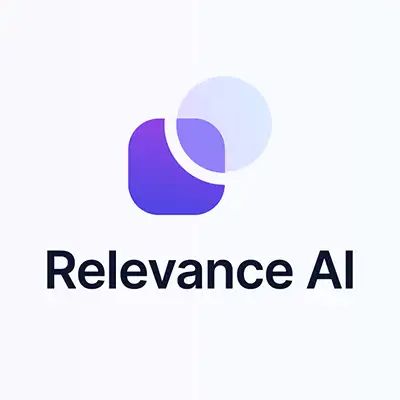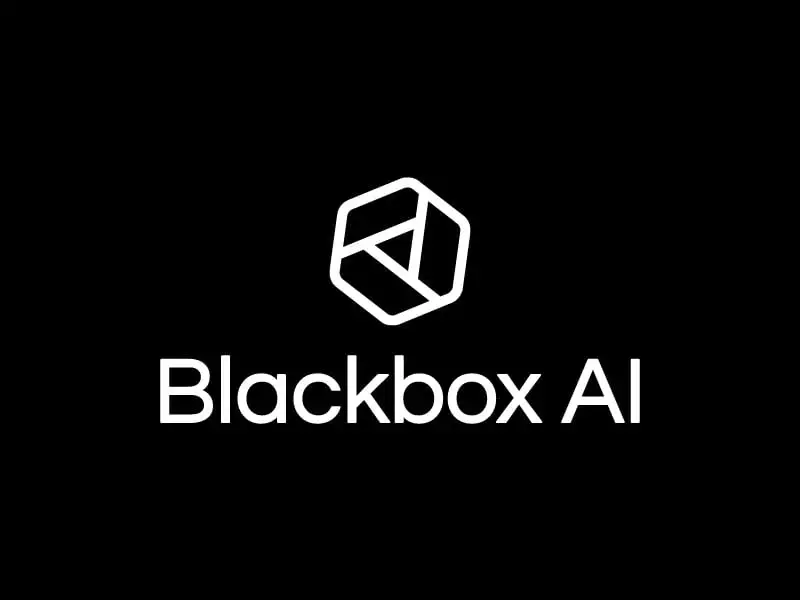YourGPT review: customizable AI agent builder with private LLM control
YourGPT enters the AI agent builder market with a unique proposition: enabling users to create highly customized AI agents powered by private Large Language Models (LLMs). Designed with privacy, flexibility, and developer freedom in mind, YourGPT caters to businesses and professionals who seek more than just plug-and-play chatbots. It offers an advanced platform that lets users build, configure, and deploy autonomous agents while maintaining ownership of their data and logic.
This makes YourGPT especially appealing to SaaS teams, enterprise developers, and agencies that need more granular control over AI workflows. Whether the use case is customer support, internal automation, lead qualification, or personalized content generation, YourGPT delivers a high degree of adaptability.
Getting started
Unlike some no-code AI chatbot platforms, YourGPT leans slightly toward a more technical audience but still offers enough accessibility for advanced marketers or product managers. The setup begins by defining the purpose of the agent and selecting a deployment type—such as live chat widget, API endpoint, or Slack integration. Users can upload documents, train the bot on custom data, or even integrate their own vector databases.
From the start, YourGPT focuses on customization rather than templated workflows. Users can decide exactly what the agent knows, how it behaves, and how it interacts with end users. This open-ended architecture may take a little more time to configure, but it ensures precision and reliability once live.
Model control and intelligence
What sets YourGPT apart is its flexibility in LLM usage. Instead of tying users to a single AI model like GPT-3.5 or Claude, YourGPT allows integration with a range of LLMs, including OpenAI, Anthropic, Cohere, or even self-hosted models like Mistral and LLaMA. This allows businesses to optimize for cost, performance, or privacy depending on their specific needs.
Agents built with YourGPT demonstrate impressive conversational depth. They maintain context over long interactions, recognize nuanced intent, and adapt dynamically based on instructions and user data. The builder also supports function-calling and tool usage, enabling bots to perform external actions like booking meetings, querying APIs, or generating reports.
Customization and autonomy
YourGPT doesn’t just allow for tone and personality changes—it provides deep behavioral customization. Users can define system prompts, fallback logic, command access, and conversational roles. The platform’s agent logic editor allows for scripting autonomous behavior based on real-world conditions or internal data sources, making it ideal for AI assistants that operate with minimal supervision.
Autonomous agent loops, memory control, and goal-based task execution are all part of the builder’s advanced toolkit. With these, users can create agents that reason, learn from past interactions, and take initiative in solving complex tasks—rather than just responding to prompts.
Deployment and integration
Deployment options are broad and developer-friendly. Agents can be embedded into websites, integrated into Slack or Discord, or used as APIs for third-party applications. This flexibility is particularly useful for SaaS teams building AI features directly into their products.
For businesses prioritizing data security, YourGPT supports local model hosting and encrypted communication. This is a significant differentiator for companies handling sensitive information, such as legal firms, financial services, or healthcare providers. Additionally, YourGPT allows agent behavior to be controlled by real-time data flows via webhooks, CRON jobs, or user-triggered events.
Analytics and monitoring
While the core emphasis of YourGPT is customization and autonomy, it also includes a robust analytics interface. Users can view conversation logs, track performance metrics, monitor token usage across different models, and flag failure points. These tools help refine prompts, improve decision-making logic, and ensure agents are providing accurate and valuable responses.
Admins can also configure monitoring alerts to track agent behavior anomalies, identify when human intervention is needed, or detect prompt drift in long-running tasks. These safeguards are essential when deploying autonomous agents in live environments.
Pricing and value
YourGPT operates on a pay-as-you-go structure for API usage, combined with tiered platform access for features like team collaboration, vector database integration, or model switching. This allows businesses to start small and scale usage without upfront commitments. Compared to similar tools in the autonomous agent space, YourGPT offers strong value—especially given its support for multiple LLM providers and local hosting options.
For developers and technical teams, the cost-to-flexibility ratio is excellent. For less technical users, however, the learning curve may require onboarding support to unlock the platform’s full potential.
Bottom line
YourGPT isn’t just another chatbot builder—it’s a powerful AI agent creation platform that gives users complete control over logic, data, and model integration. It’s especially well-suited for teams that want to go beyond surface-level automation and build truly autonomous assistants. While it requires more configuration than mainstream AI bot tools, the payoff is clear: deeper intelligence, wider integration, and long-term scalability. For any business serious about leveraging AI in a customized, secure, and performance-optimized way, YourGPT stands out as a forward-looking solution.













